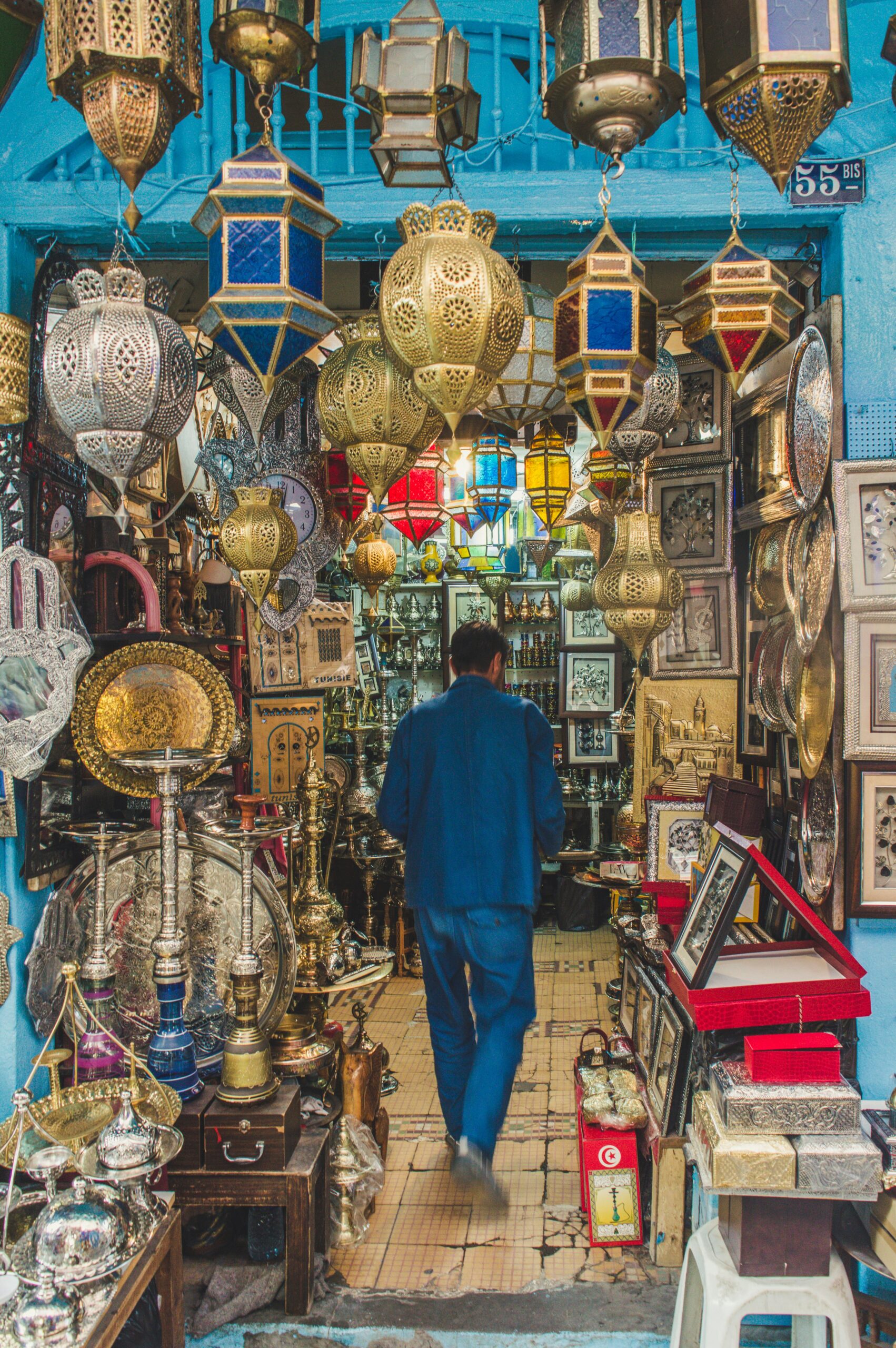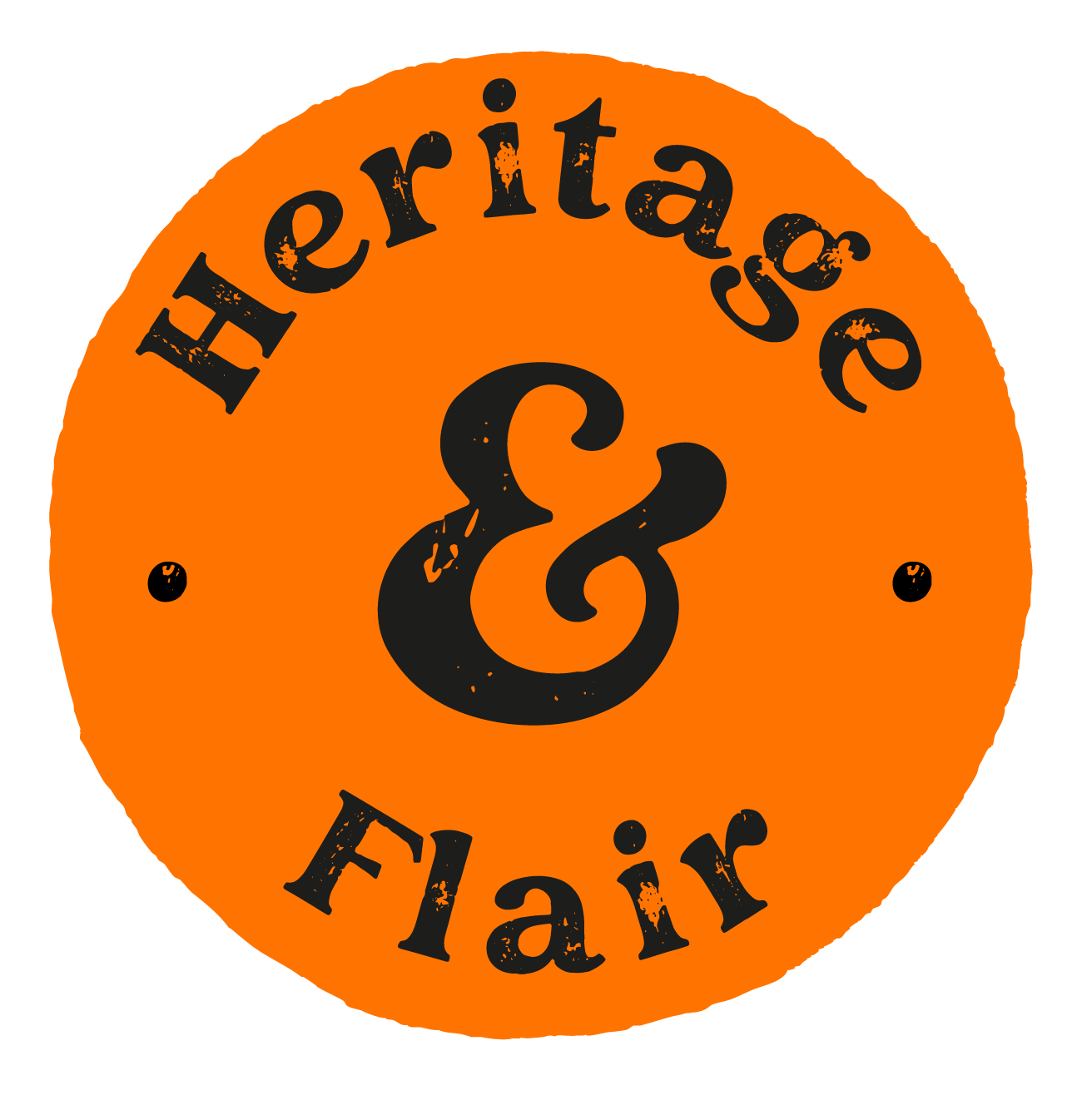
Photo by Chermiti Mohamed-
Tunisia
Tunisia is located in North Africa, bordered by the Mediterranean Sea to the north and east, Algeria to the west, and Libya to the southeast. It is the northernmost country in Africa and has a diverse landscape that includes mountains, deserts, and a long coastline.
Tunis is the capital and largest city of Tunisia. It serves as the political, economic, and cultural hub of the country. Arabic is the official language of Tunisia, and French is widely spoken, especially in business, government, and education due to Tunisia’s colonial history.
Tunisia has a population of approximately 12 million people. The population is relatively homogeneous, with the majority being Arab-Berber. There are also small communities of Europeans and Jews.
Tunisia gained independence from French colonial rule on March 20, 1956. Habib Bourguiba became the country’s first president and is often referred to as the father of modern Tunisia.
Tunisia is a unitary semi-presidential representative democratic republic. The President is the head of state, while the Prime Minister is the head of government. The country has a multi-party system and a vibrant civil society.
The Tunisian economy is diverse, with key sectors including agriculture, mining, manufacturing, petroleum, and tourism. The country is known for its production of olive oil, dates, and phosphates. Tourism is a major industry, with historical sites, Mediterranean beaches, and cultural attractions drawing visitors.
Tunisia has one of the most advanced education systems in Africa, with a high literacy rate and a strong emphasis on education for all. The University of Tunis is one of the leading institutions of higher learning in the country.
Tunisia has a rich cultural heritage that reflects its history of Phoenician, Roman, Arab, Ottoman, and French influences. The country is known for its traditional music, crafts, and festivals. The Carthage International Festival, held annually, showcases music, theater, and dance performances.
Tunisian cuisine is a blend of Mediterranean and North African flavours, characterised by dishes such as couscous, brik (a type of pastry), harissa (a spicy chili paste), and tajine (a type of stew). Seafood is abundant along the coast, and lamb is commonly used in inland dishes.
While Islam is the dominant religion, Tunisia is known for its relatively progressive stance on religious tolerance. The country has a small but historically significant Jewish community, particularly on the island of Djerba, and a small Christian population.
Hidden Insights: Uncovering Tunisia
1. Sahara Desert: Southern Tunisia extends into the Sahara Desert, offering unique landscapes and opportunities for adventure tourism, such as desert safaris, camel trekking, and visits to traditional Berber villages and oases.
2. Traditional Crafts: Tunisia is renowned for its traditional crafts, including ceramics, carpets, textiles, and leather goods. Cities like Nabeul and Kairouan are famous for their artisanal products, which are often handmade using techniques passed down through generations.
3. Festivals: Tunisia hosts a variety of festivals throughout the year, celebrating music, arts, and cultural heritage. The International Festival of the Sahara in Douz and the Festival of the Medina during Ramadan are notable events that attract both locals and tourists.
4. Modern Art and Literature: Tunisia has a vibrant contemporary art and literary scene. Tunisian artists and writers have gained international recognition, contributing to a dynamic cultural landscape that bridges traditional and modern influences.

Photo by Houcine Ncib

Photo by Adrian Dascal
Capital City: Tunis
Population: 12,048,847 (2024 est.)
Nationality: Tunisian(s)
Location: Northern Africa
Languages: Arabic (official, one of the languages of commerce), French (commerce), Tamazight; note – despite having no official status, French plays a major role in the country and is spoken by about two thirds of the population
Religion: Muslim (official; Sunni) 99%, other (includes Christian, Jewish, Shia Muslim, and Baha’i) <1%
Area Total: 163,610 sq km
Zambia Embassy/High Commission in UK
Address: 29 Princes Gate, London SW7 1QG
Website: consular.website
Nelson Mandela: Troublemaker
Nelson Rolihlahla Mandela, affectionately known by his clan name Madiba, was a statesman remembered as a beacon of hope, resilience, and unwavering commitment to justice with a legacy of peace and reconciliation. Mandela was born on the 18th of July 1918, into the...
Breaking Stereotypes: Africa is Not A Country
In the global narrative, Africa often falls victim to a pervasive stereotype - that of being a single, homogeneous entity. However, the truth is far richer and more complex. Africa is not a country; it is a vast and diverse continent, home to a multitude of nations,...
Africa’s Riches: The Largest Reserves of Cobalt, Diamonds, Platinum and Uranium
Beneath the expansive landscapes of Africa lie treasures that have shaped economies, industries, and global markets. The continent is home to some of the world's most significant reserves of cobalt, diamonds, platinum and uranium, contributing not only to its own...
